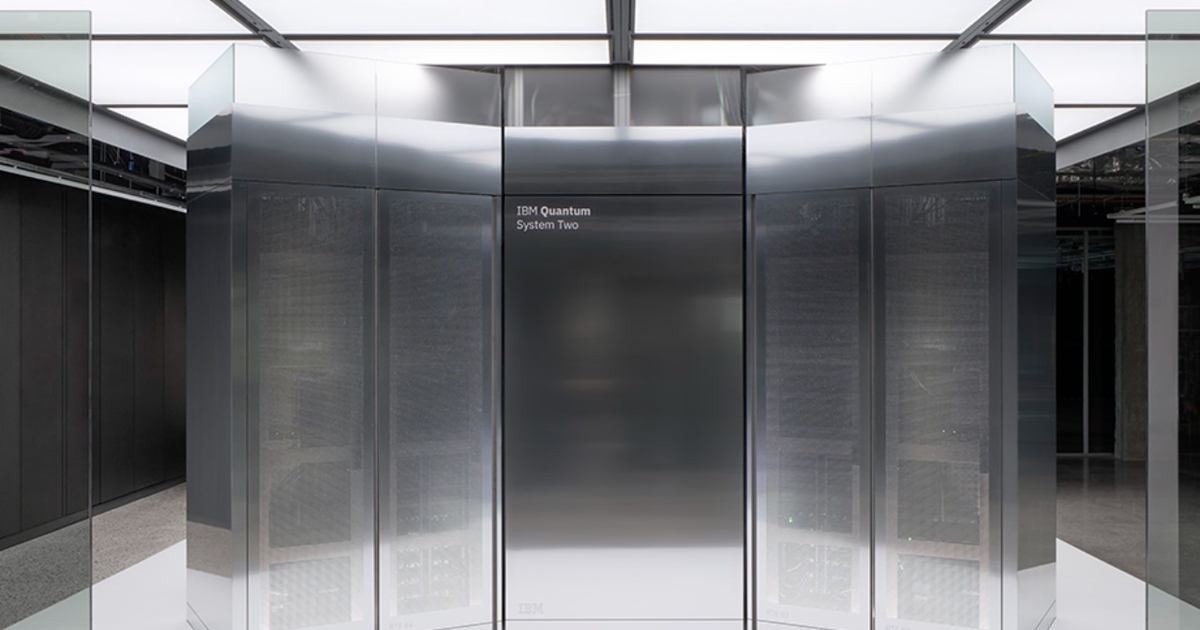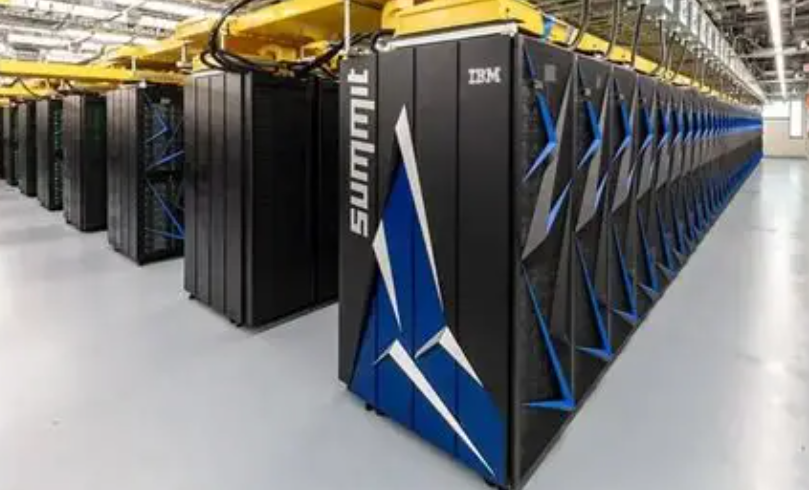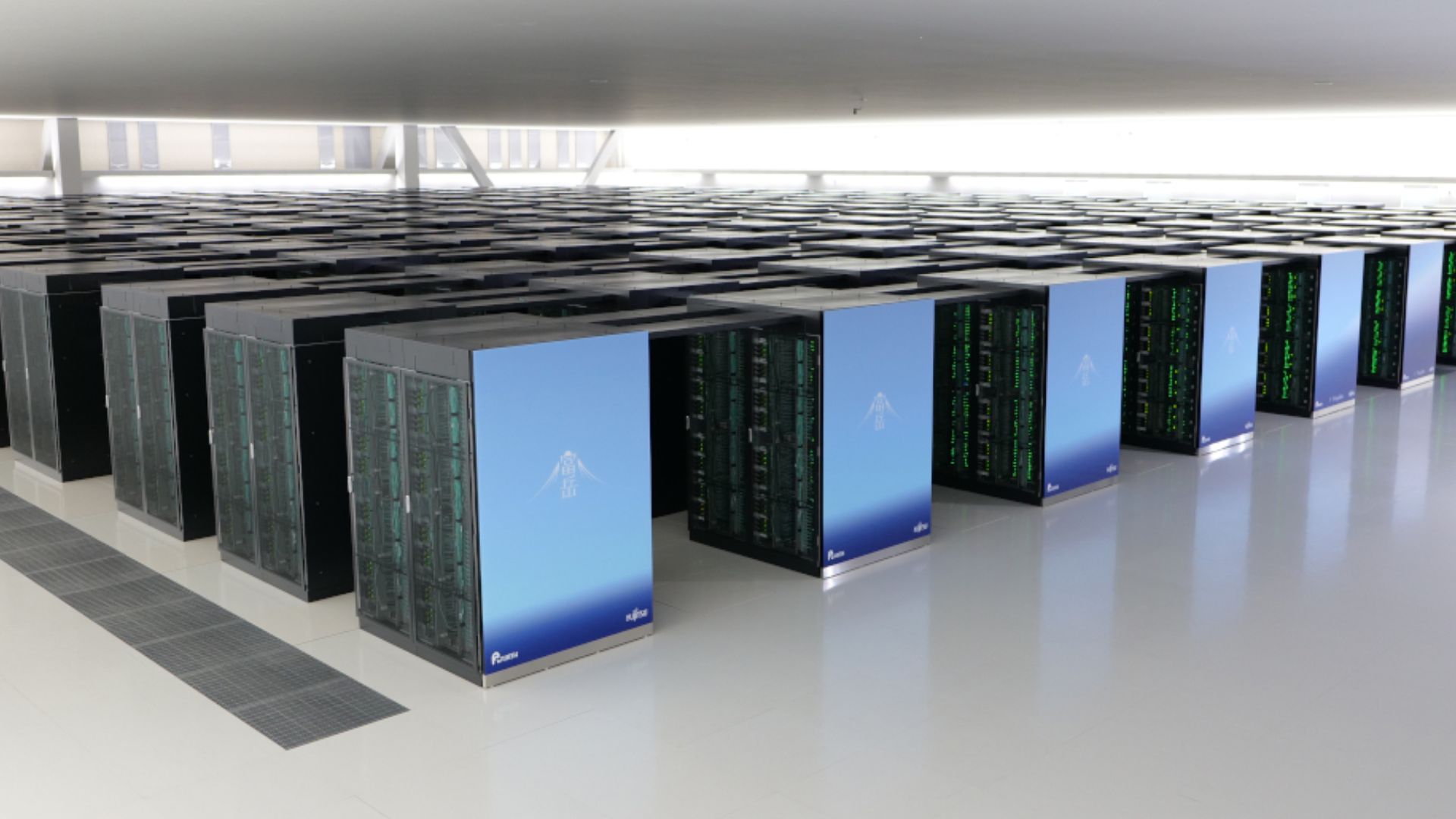
In June 2025, a historic collaboration between IBM and Japan’s RIKEN research institute reached a milestone with the launch of Japan’s first quantum-centric supercomputer cluster at the RIKEN Center for Computational Science. This landmark initiative, featuring IBM’s Quantum System Two integrated with the Fugaku supercomputer—among the world’s fastest classical systems—heralds a new era in hybrid quantum-classical computing, positioning Japan at the forefront of the global quantum race. As Prime Minister Shigeru Ishiba declared 2025 “the first year of quantum industrialization,” this partnership embodies Japan’s strategic push to translate quantum research into industrial breakthroughs.
At the heart of the cluster lies IBM’s Heron processor, a 156-qubit superconducting chip delivering 250,000 circuit layer operations per second (CLOPS)—a tenfold increase over its Eagle predecessor. What distinguishes this system is its error rate of just 0.003 in 100-qubit circuits, a critical advancement for reliable quantum computations. The true innovation, however, is its tight integration with Fugaku via high-speed, low-latency connections that enable seamless workload distribution: quantum processors handle complex simulations while classical systems manage error correction and data analysis. “This isn’t just two computers side by side,” explains RIKEN’s quantum research director Hiroshi Nakamura, “it’s a unified architecture where each component amplifies the other’s strengths.”

The partnership targets transformative applications in materials science and drug discovery—fields where Japan excels. Early projects include simulating next-generation battery materials for Toyota and optimizing pharmaceutical compounds for Mitsubishi Tanabe Pharma. These endeavors leverage the cluster’s ability to model molecular interactions at unprecedented precision, a task intractable for classical supercomputers alone. Meanwhile, the system’s cloud access (initially for academic research, with plans to expand to industry by 2026) aims to nurture a domestic quantum software ecosystem, complementing Japan’s existing strengths in semiconductor technology.
Funding and scalability underscore the project’s ambition. Backed by approximately forty million United States dollars from IBM and RIKEN’s parent organization, the cluster is part of Japan’s broader sixty-two billion yen (about four hundred thirty million United States dollars) quantum research hub initiative in Tsukuba. Technical roadmap includes upgrading to IBM’s 4,158-qubit Kookaburra processor by 2027, enabled by modular designs that link multiple chips via quantum communication links. This expansion will focus on reducing error rates further and developing specialized algorithms for industrial applications.
Challenges remain, particularly in achieving fault tolerance. Current error mitigation techniques, while advanced, still limit complex computations to short runtime windows. Additionally, integrating quantum software with existing industrial workflows requires significant upskilling—addressed through RIKEN’s training programs for engineers and researchers. “Quantum advantage isn’t just about hardware,” notes IBM Quantum vice president Jay Gambetta, “it’s about building an ecosystem where quantum becomes a tool for everyday innovation.”

As the first quantum-centric cluster in Asia, the IBM-RIKEN partnership symbolizes a shift from laboratory research to practical quantum computing. By combining IBM’s hardware expertise with RIKEN’s computational infrastructure and Japan’s industrial focus, the initiative is not merely chasing quantum supremacy—it’s laying the groundwork for a quantum-powered economy. In a world racing toward transformative computing technologies, this collaboration proves that the future of quantum lies in strategic partnerships that bridge innovation and application.


